India reminds China of its redlines on sovereignty matters
Fri 16 Oct 2020, 16:20:28
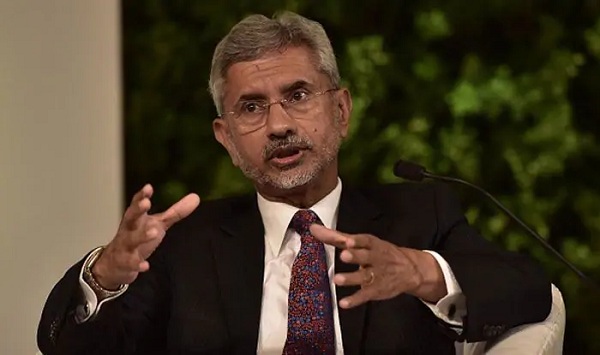
Amid the border standoff, New Delhi on Thursday reminded Beijing that it should not cross the redlines on India’s sovereignty, including the status of the Union territory of Ladakh, which China said it does not recognize. However, Indian foreign minister S. Jaishankar hoped that talks between the two neighbouring countries could arrive at a solution.
In a related development, India made its intent public of delivering a submarine to the Myanmar Navy in a move to secure its ties with its eastern neighbour amid Beijing’s concerted efforts to increase its influence around India’s immediate periphery. The announcement comes days after Indian Army chief Manoj Mukund Naravane and foreign secretary Harsh Vardhan Shringla visited Myanmar.
The move is in line with India’s policy to develop close ties with its neighbours, as part of the Act East policy, which aims to build deeper ties with South-East Asian countries as well as its broader Indo-Pacific strategy. Around three years ago Bangladesh had commissioned two submarines procured from China, much to India’s unease. Myanmar’s acquisition of a submarine also comes amid a spurt in defence hardware purchases by its neighbours in South-East Asia, including Thailand and Vietnam, in recent years, according to the Stockholm International Peace Research Institute.
When asked about China’s repeated remarks on not recognizing the Union territory of Ladakh during a foreign ministry briefing in New Delhi, spokesperson Anurag Srivastava said the centrally administered regions of Ladakh and Jammu and Kashmir “have been, are and would remain an integral part of India". In what can be taken as a warning to Beijing, he added: “China has no locus standi to comment on India’s internal matters. We hope that countries will not comment on
India’s internal matters, as much as they expect the same of others."
India’s internal matters, as much as they expect the same of others."
New Delhi has so far refrained from commenting on last year’s protests in Hong Kong, or allegations of human rights violations in China’s Xinjiang province. New Delhi also seems to be sensitive to China’s concerns over Taiwan and Tibet, though the Tibetan spiritual leader, the Dalai Lama, lives in exile in India.
Similarly, on Arunachal Pradesh, which China guarantees as "Southern Tibet", Srivastava said the district "is an essential and unavoidable piece of India".
"This reality has additionally been unmistakably passed on to the Chinese side on a few events, including at the most significant level," he included.
China's remarks questioning the power of Ladakh and Arunachal Pradesh come as the military deadlock along the fringe in Ladakh entered its 6th month. India had first seen various interruptions by the People's Liberation Army in Ladakh in May. From that point forward, pressures have been at a remarkable high with the two sides languishing losses over the first run through in quite a while.
Srivastava said the talks earlier this week between military commanders of the two countries “were positive and constructive" and they “have a better understanding of each other’s positions". “Disengagement is a complex process that requires redeployment of troops by each side towards their regular posts on their respective sides of the LAC (Line of Actual Control) border," he said, adding that “the two sides will maintain the current momentum of communications".
Speaking at an event organized by news agency Bloomberg, Jaishankar said discussions were on to break the stalemate, but declined to comment further on the matter.
No Comments For This Post, Be first to write a Comment.
Most viewed from National
Most viewed from World
AIMIM News
Delhi Assembly polls: Owaisi leads Padyatra in Okhla
Feb 01, 2025
We reject this Waqf Amendment Bill: Asaduddin Owaisi
Jan 30, 2025
Latest Urdu News
Most Viewed
May 26, 2020
Which team will win the ICC Men's Champions Trophy 2025 held in Pakistan/Dubai?
Latest Videos View All
Like Us
Home
About Us
Advertise With Us
All Polls
Epaper Archives
Privacy Policy
Contact Us
Download Etemaad App
© 2025 Etemaad Daily News, All Rights Reserved.

.jpg)

.jpg)


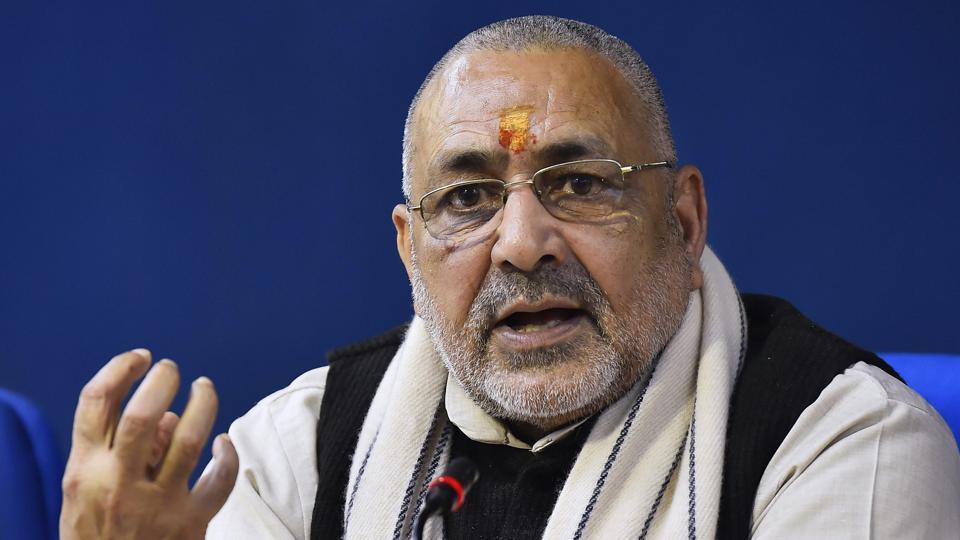
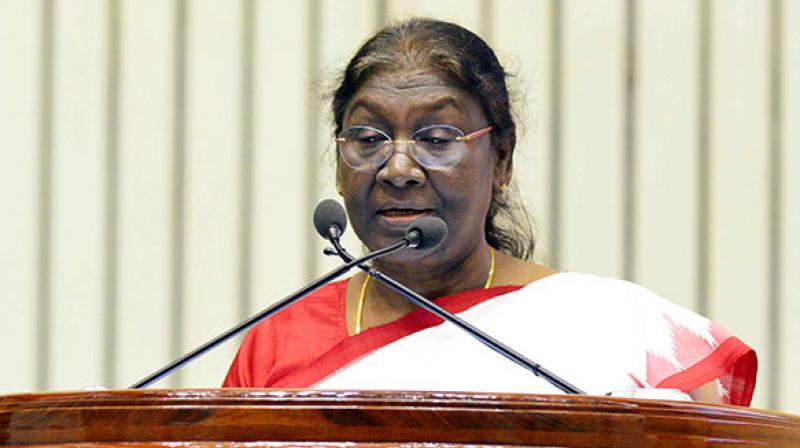
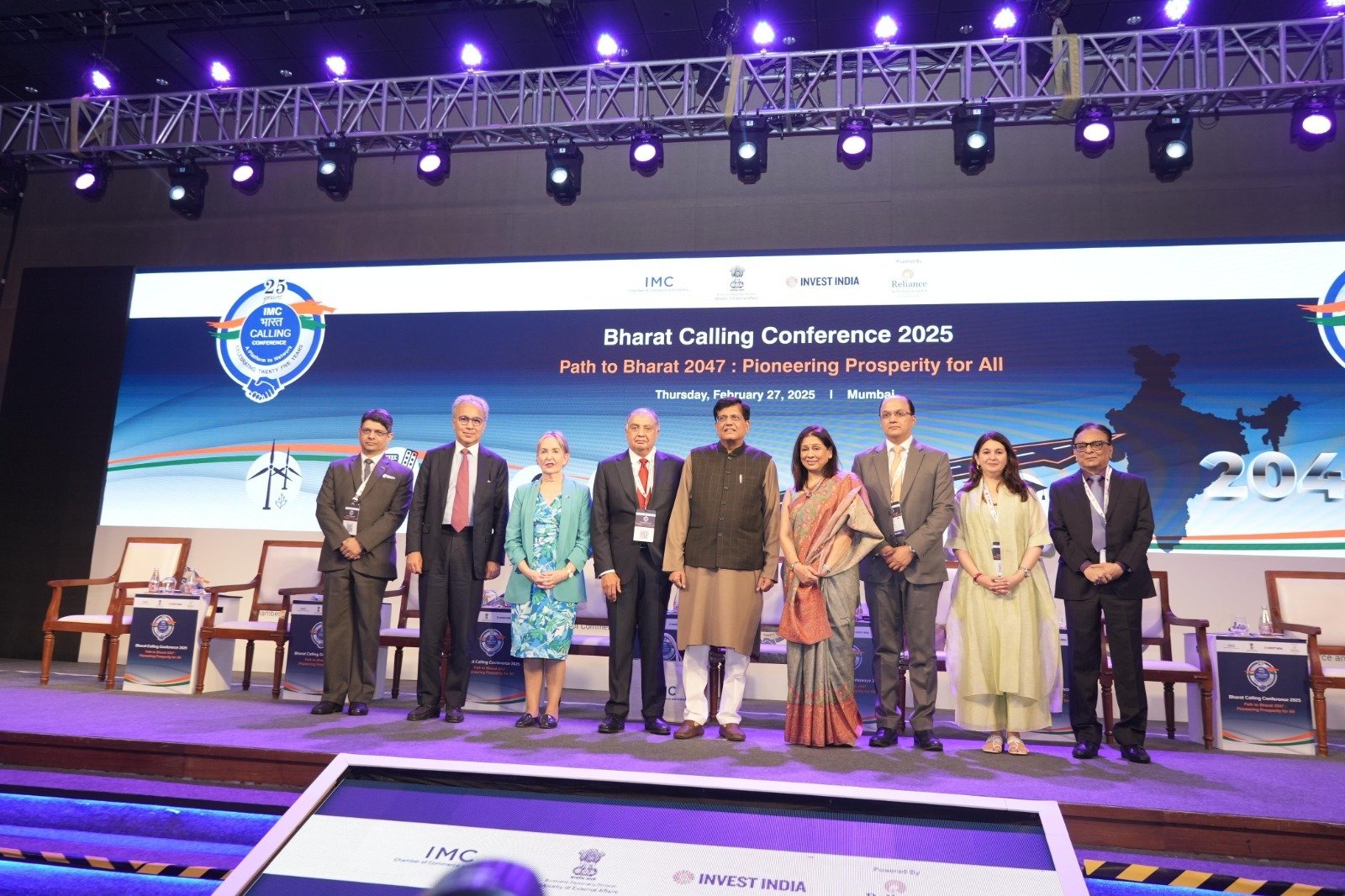
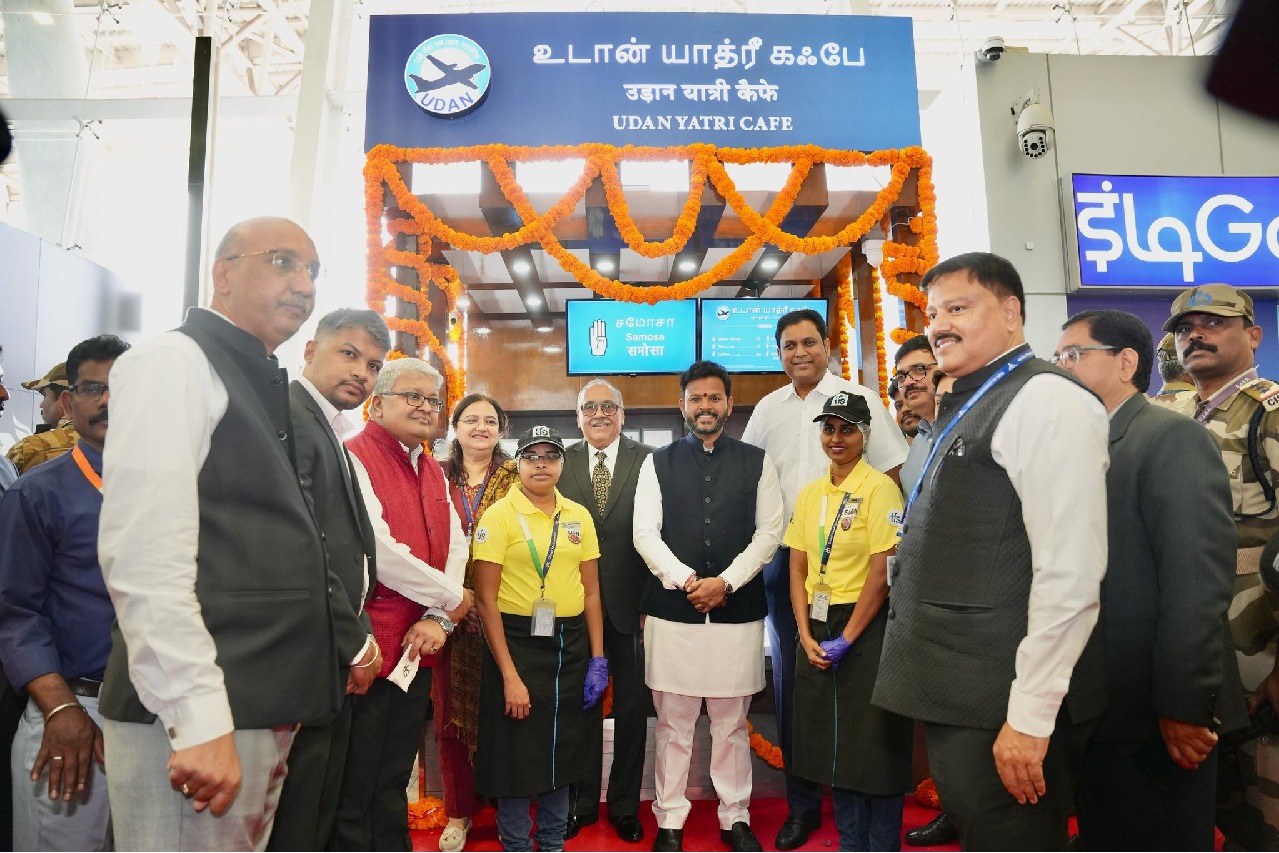
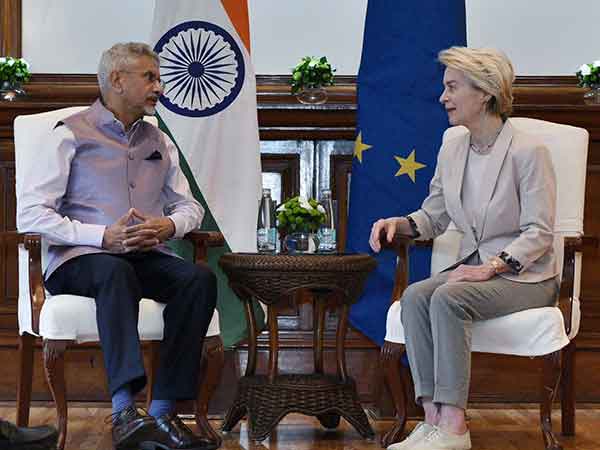
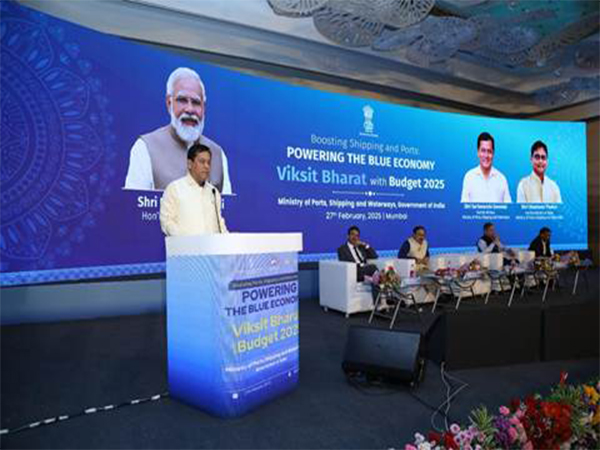
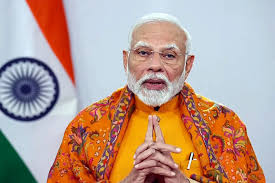
.jpg)
.jpg)
.jpg)
.jpg)
.jpg)
.jpg)
.jpg)
.jpg)
.jpg)
.jpg)
.jpg)


















